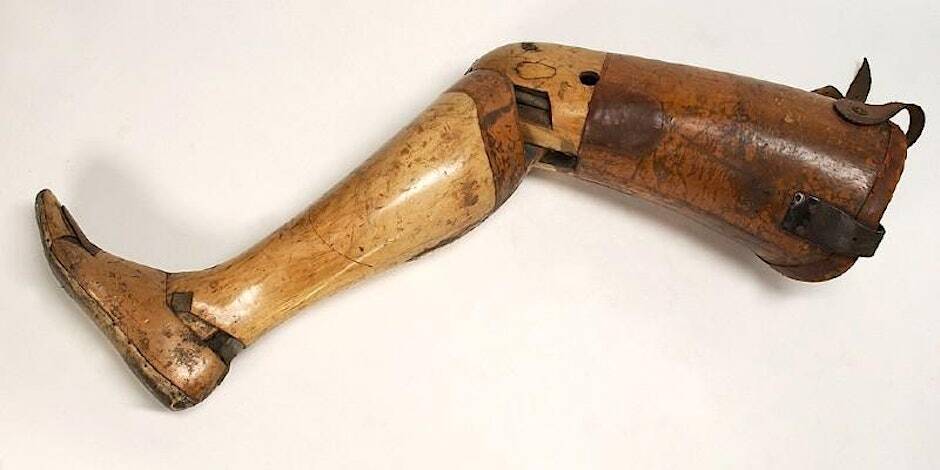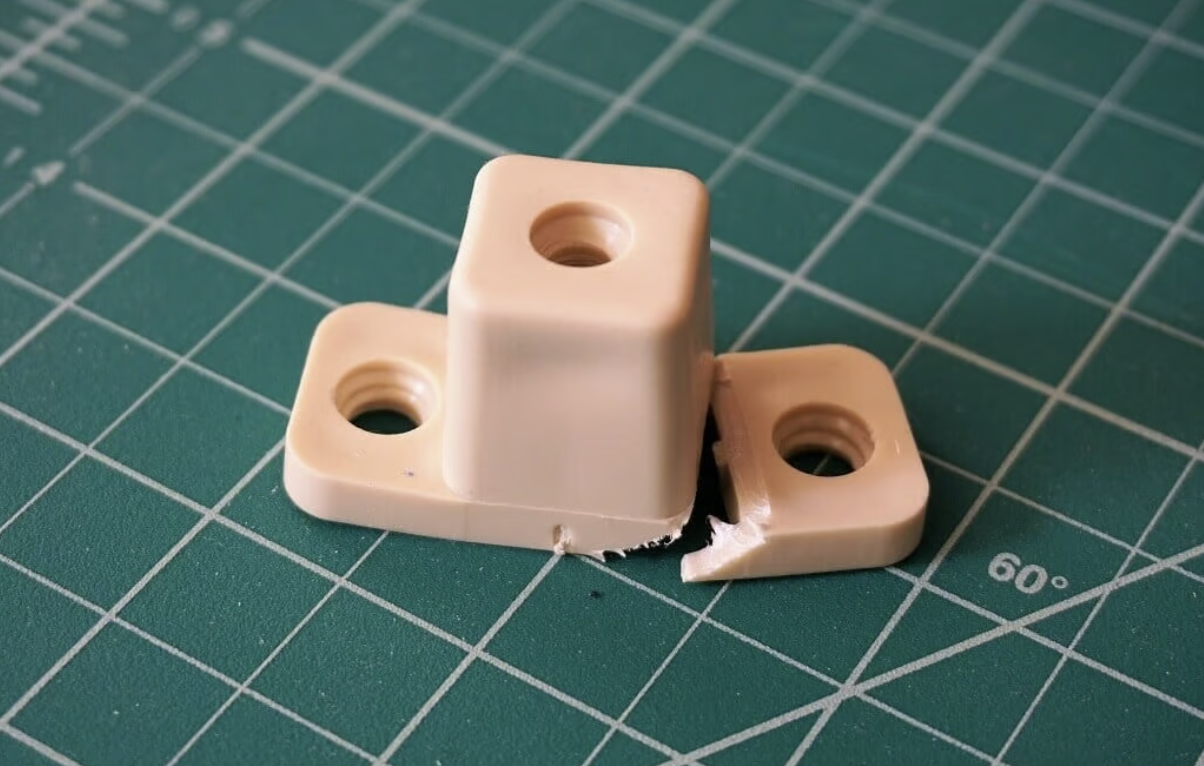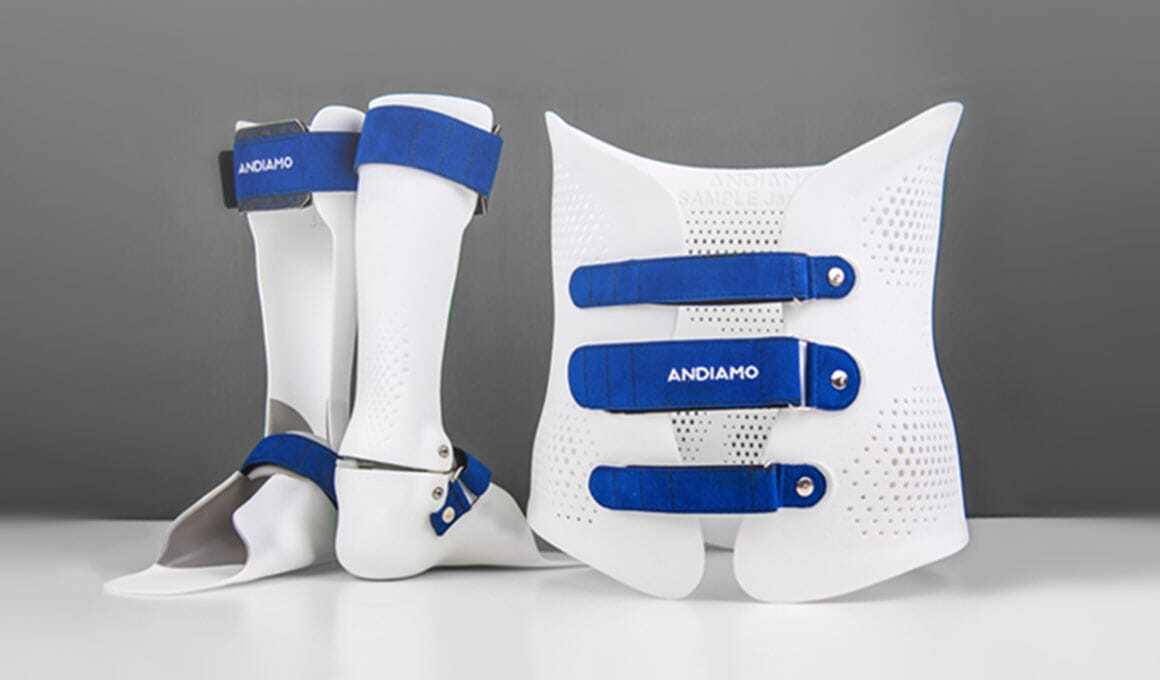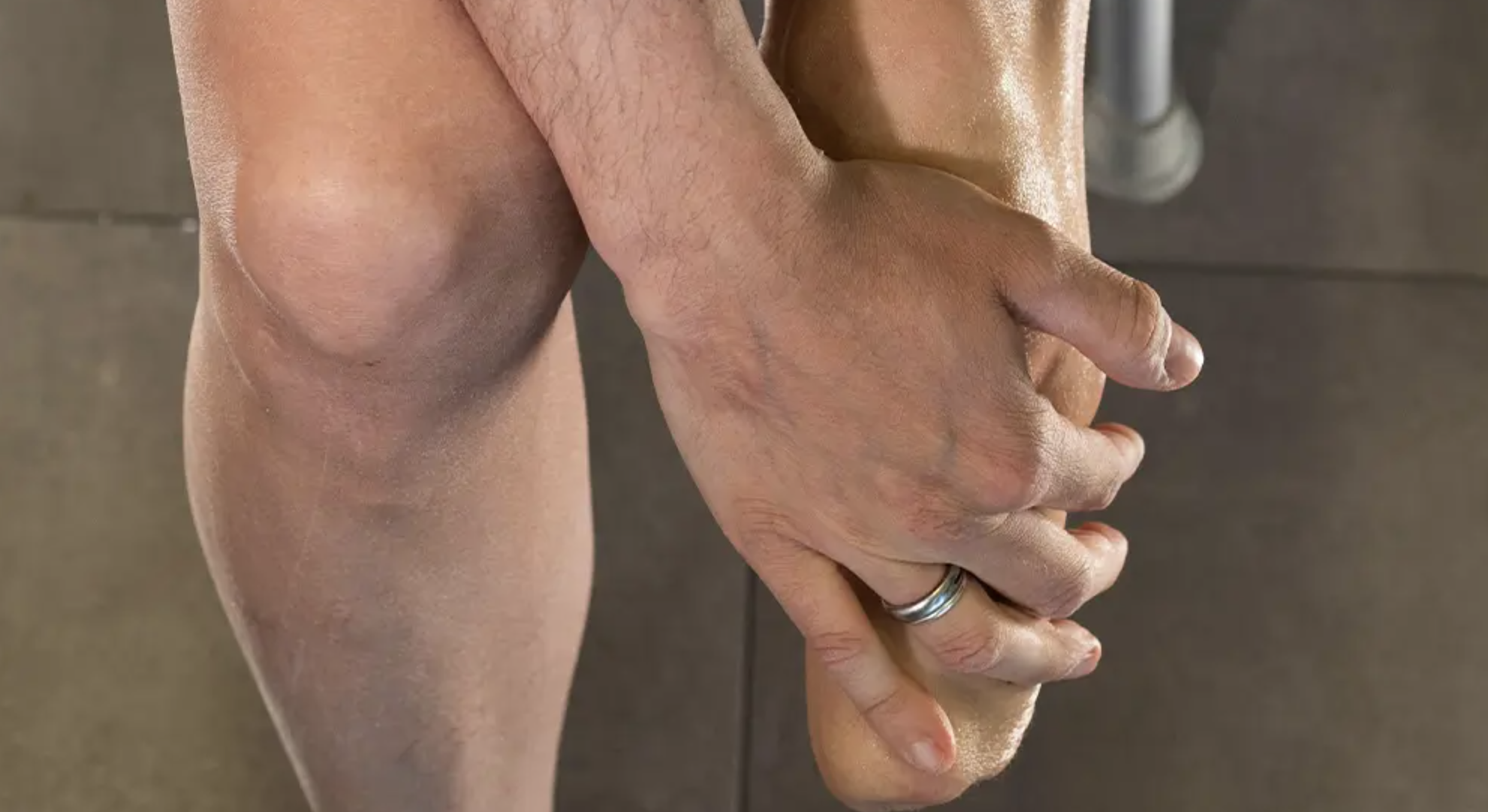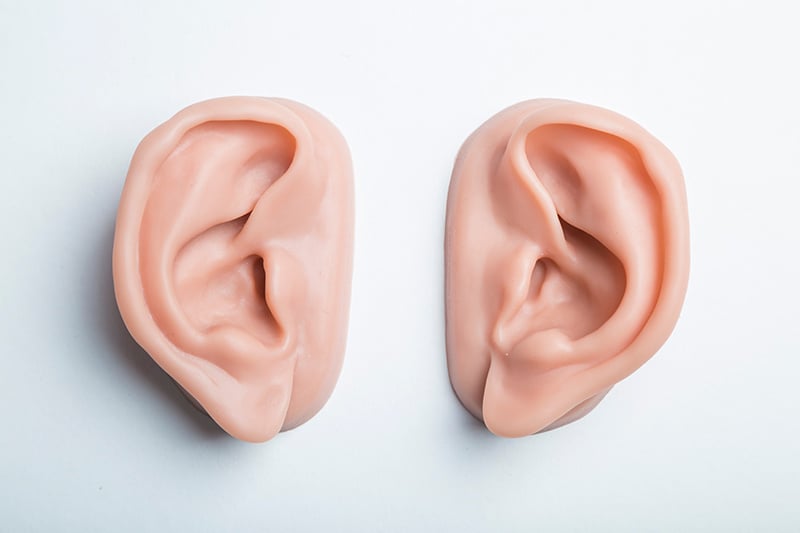The University of York will hold a webinar that discusses the history of prosthetics and assistive technology in classical antiquity in December.
A prosthetic is an artificial device that replaces a missing body part, intended to restore the normal functions of the missing body part. The Paralympics in Paris recently showcased the cutting-edge innovations in specialised assistive technology, such as computer-aided design for customised fits and intuitive interfaces between body and machine, that revolutionise the way para athletes interact with their environments.
Throughout time humans have designed and innovated to create assistive technology to support disabled people for sport and in their day-to-day lives.
Jane Draycott from the University of Glasgow is set to discuss the fascinating and long history of prosthetics and assistive technology in classical antiquity in the upcoming ‘Prosthetics and Assistive Technology in Ancient Greece and Rome’ webinar for free on 5 December 2024 from 6.30pm to 7.30pm.
Jane will share her findings from literary, documentary, archaeological, and bioarchaeological evidence, painting a picture of the importance of assistive technologies for the lived experience of people with disabilities in classical antiquity.
Jane Draycott is a lecturer in Ancient History at the University of Glasgow. Her research investigates science, technology, and medicine in the ancient world.
